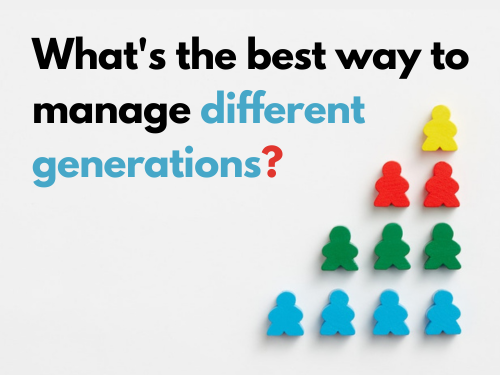Research shows that we spend about 90,000 hours at work over a lifetime. That is a lot of time and that is not including lunch breaks or commute times. This makes work the dominant dimension of our lives and leaves less time for yourself, your family, or your community.
Since we spend so much time at work, it should be as meaningful as possible. Meaningful work leads to higher employee engagement and research has shown that higher levels of employee engagement lead to increased productivity and better business outcomes in general. Forbes has also put together some statistics about the positive connection between employee engagement and wellness.
So how do we make work more meaningful?
To answer this question we need to define meaningful work first.
Work itself has two values, instrumental and intrinsic. The former means we have to work to earn money and make a living for ourselves as well as to provide for our families. The latter describes all the implications work has on our employment status or career paths. Furthermore work has become the primary source of personal identity. “What do you do for a living?” is usually the second question we ask after being introduced to someone new.
When diving deeper into the concept of meaningful work, it becomes clear that it is closely interconnected with intrinsic motivation. So, really the question is:
How can intrinsic motivation be used to make work more meaningful?








